Exploring the secrets of marsh happiness

NOAA research reserve scientists and partners recently published a study that examines the secret to marsh happiness. The team learned that “happy” marshes shared similar characteristics, whereas “unhappy” marshes deteriorate in diverse ways. By understanding how marshes can deteriorate so differently, coastal managers can make wiser conservation decisions.
Plastic pollution poses new threat to a turtle paradise
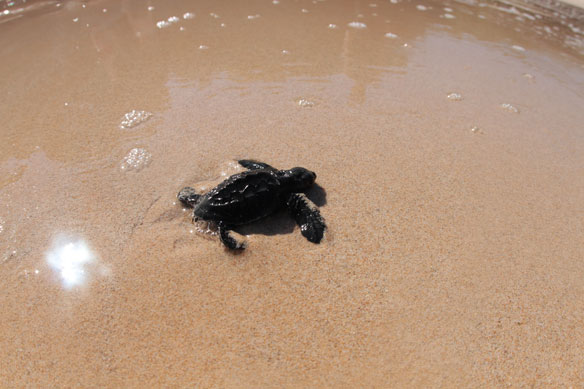
The waters surrounding Príncipe harbour five of the world’s seven species of sea turtle and this remote island’s relatively pristine beaches provide crucial nesting sites. Arguably, the most insidious threat is the plastic permeating Príncipe’s waters and piling up on its beaches.
The danger of creating a designer planet

It is understandable that in the absence of a meaningful action plan emerging from last December’s UN climate meeting in Madrid people are grasping at almost any idea that might offer a solution to climate change. But pursuing an idea without a firm understanding of the inner workings of our planet is folly at best and just plain dangerous at worst
Why Australia’s 2019-2020 bushfire season was not normal

Data from satellite sources assembled by the United Nations Environment Programme’s (UNEP) World Environment Situation Room confirms that the wildfires in Australia in the last two months of 2019 and the first six weeks of 2020 were far from normal. 2019 was the second hottest year on record since 1880, and Australia recorded its warmest temperatures ever in December 2019.
‘The only uncertainty is how long we’ll last’: a worst case scenario for the climate in 2050

The Future We Choose, a new book by the architects of the Paris climate accords, offers two contrasting visions for how the world might look in thirty years
Salvation or pipe dream? A movement grows to protect up to half the planet
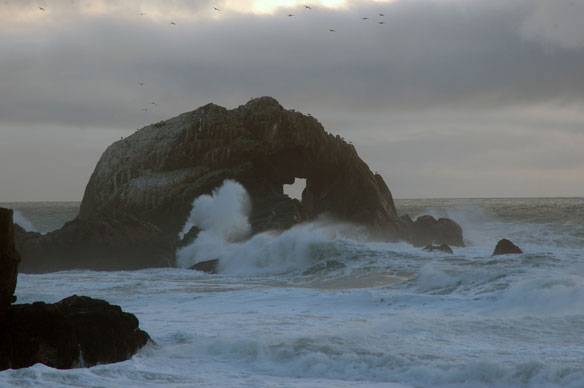
Leading scientists and conservationists are proposing that up to 50 percent of the earth’s land and oceans be protected in the coming decades. While some view the goal as unrealistic, proponents say it is essential for preserving the natural systems on which life itself depends.
Climate Change is Decimating the Chinstrap Penguins of Antarctica
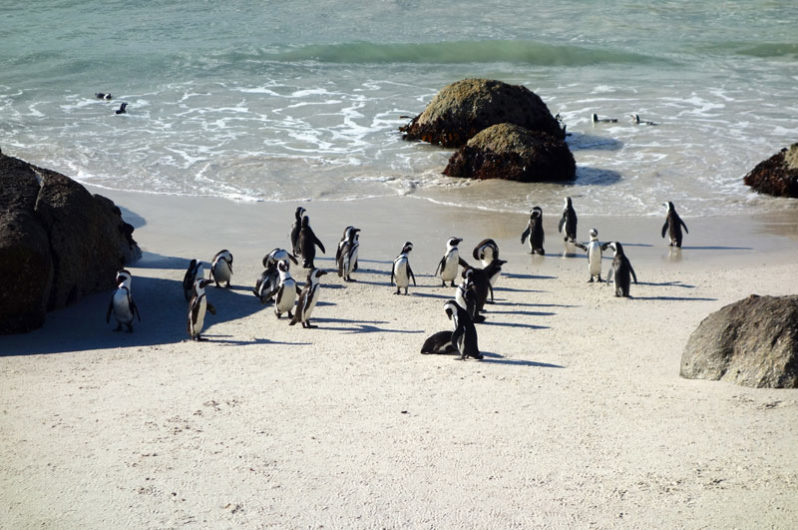
Scientists conducting a chinstrap census along the Antarctic Peninsula have discovered drastic declines in many colonies, with some seeing population reductions of up to 77% since they were last surveyed, about 50 years ago
Scientists listen to whales, walruses and seals in a changing Arctic seascape
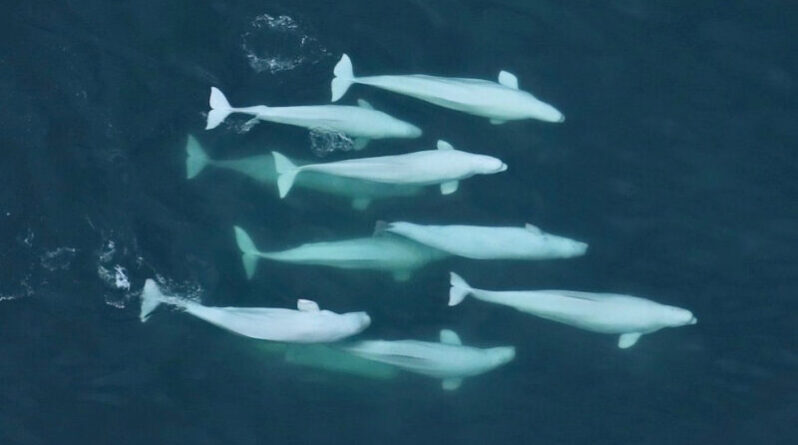
A year-round acoustic study of marine mammals in the northern Bering Sea is providing scientists with a valuable snapshot of an Arctic world already under drastic pressure from climate change.
Marine Heat Wave Linked to Sharp Increase in Whale Entanglements
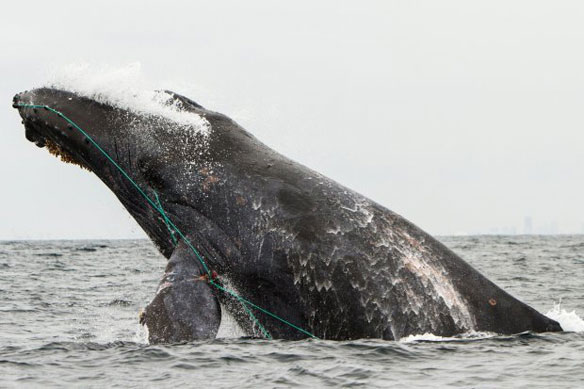
An ocean heat wave off the U.S. West Coast from 2014 to 2016 drove humpback whales into a narrow band of cooler water, leading to a dramatic increase in whale entanglements with crab-fishing gear, according to a new study.
